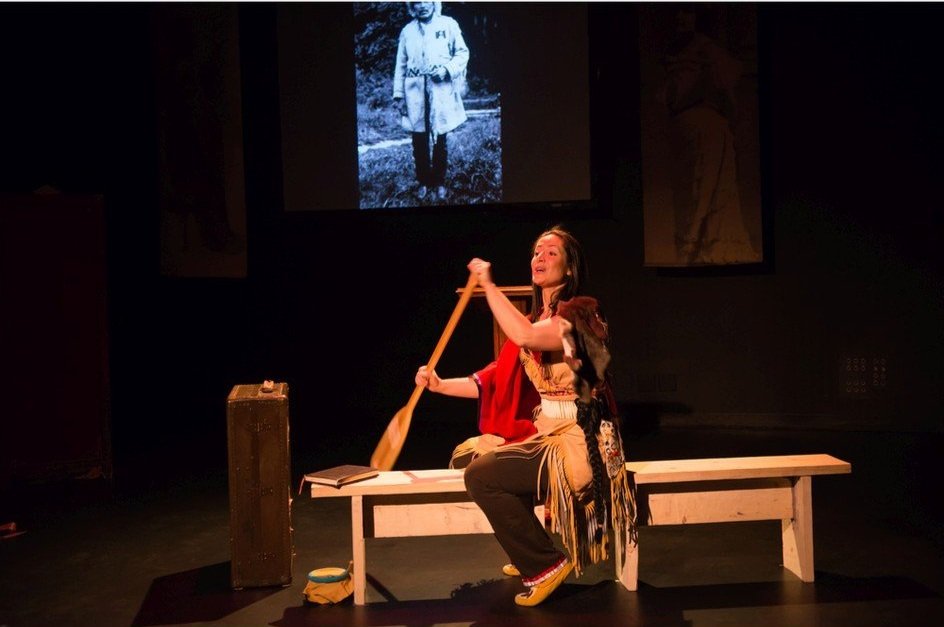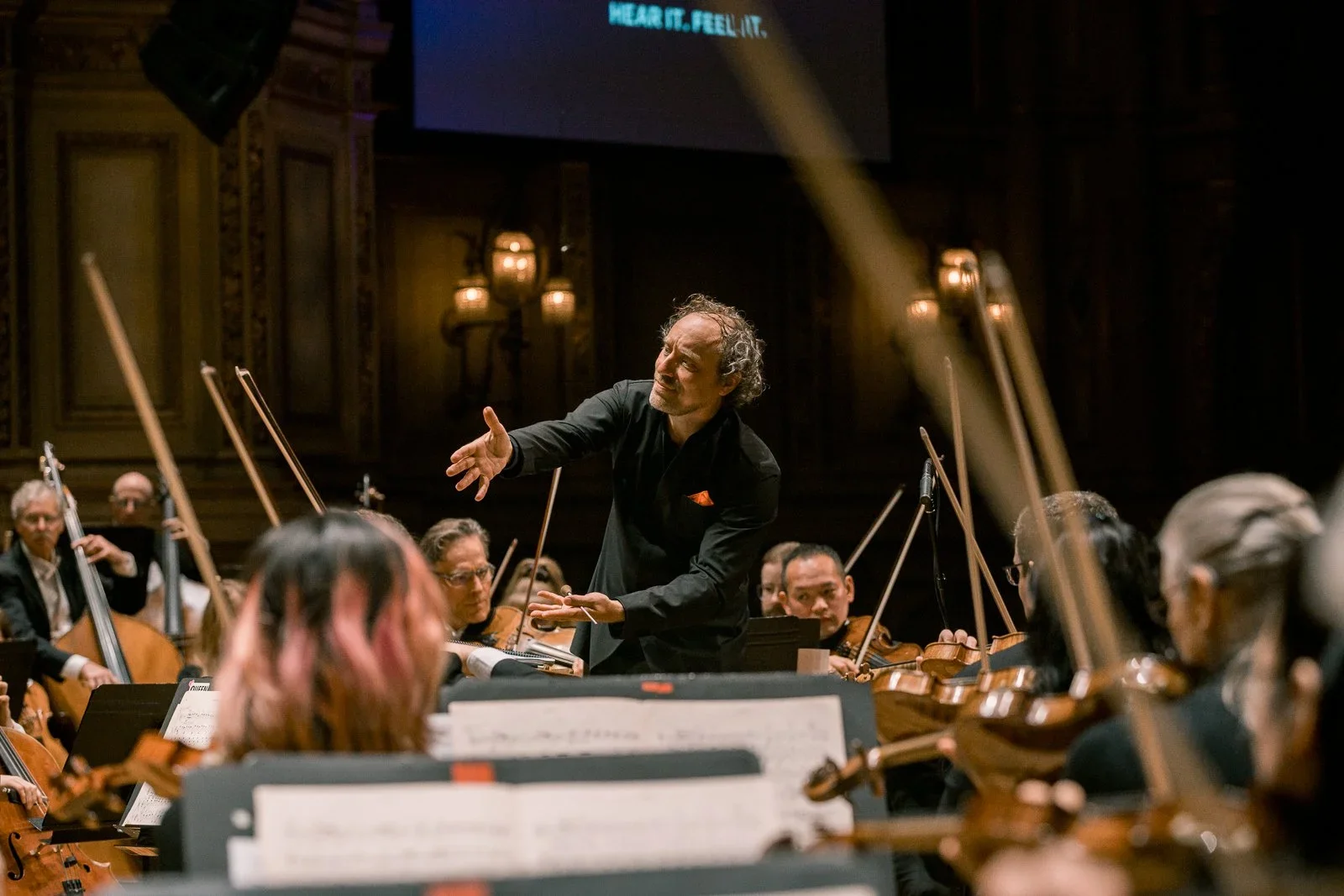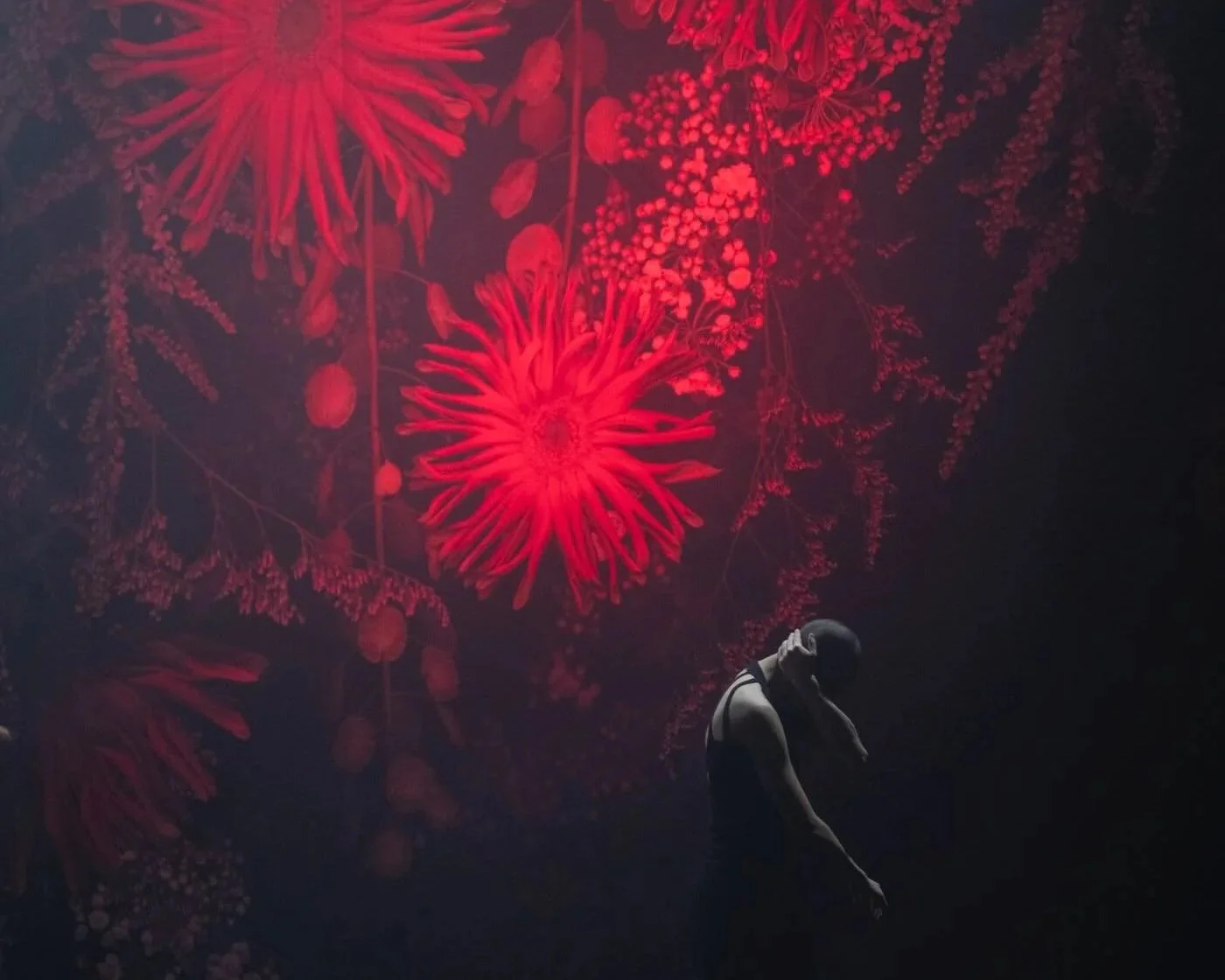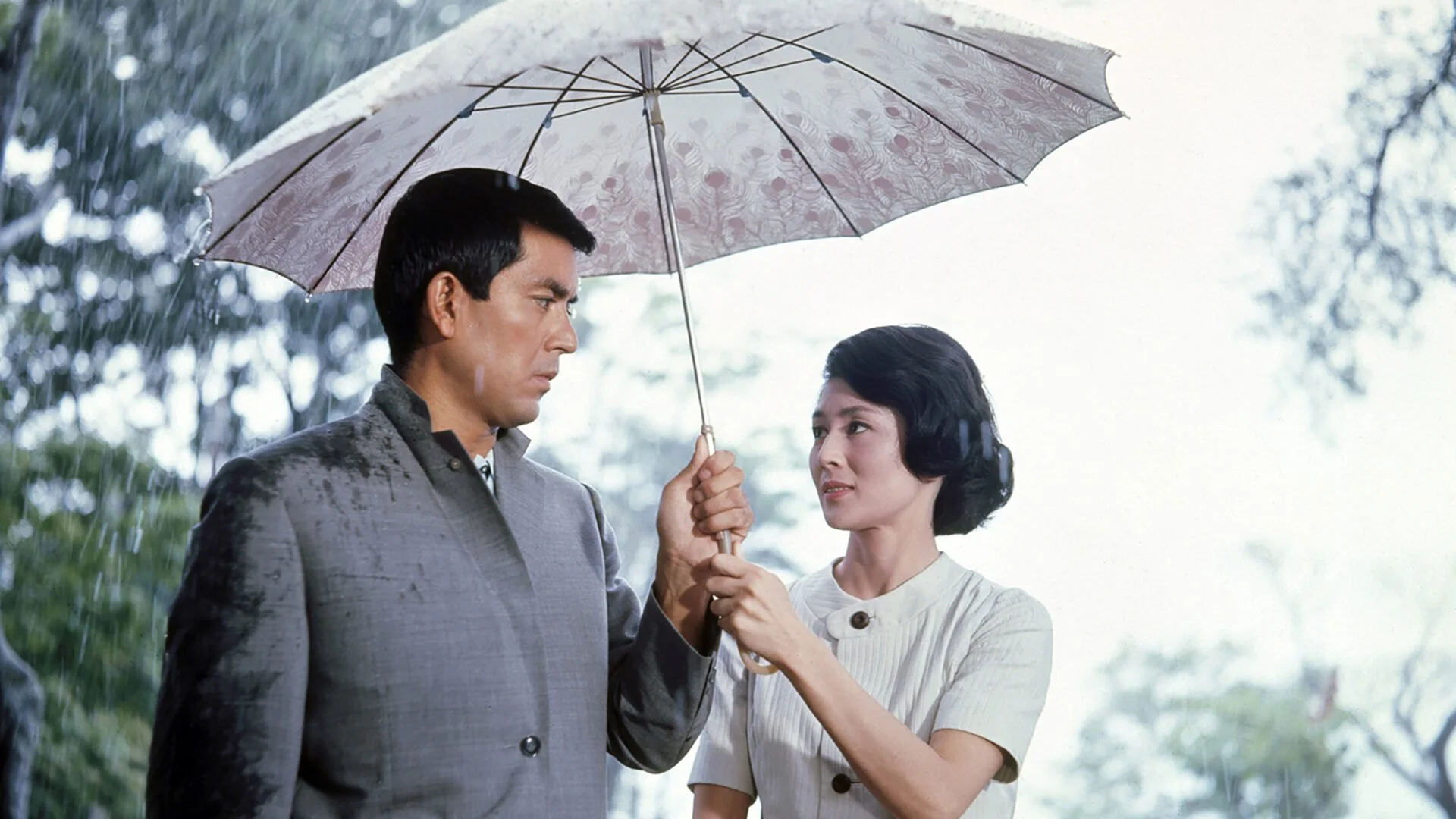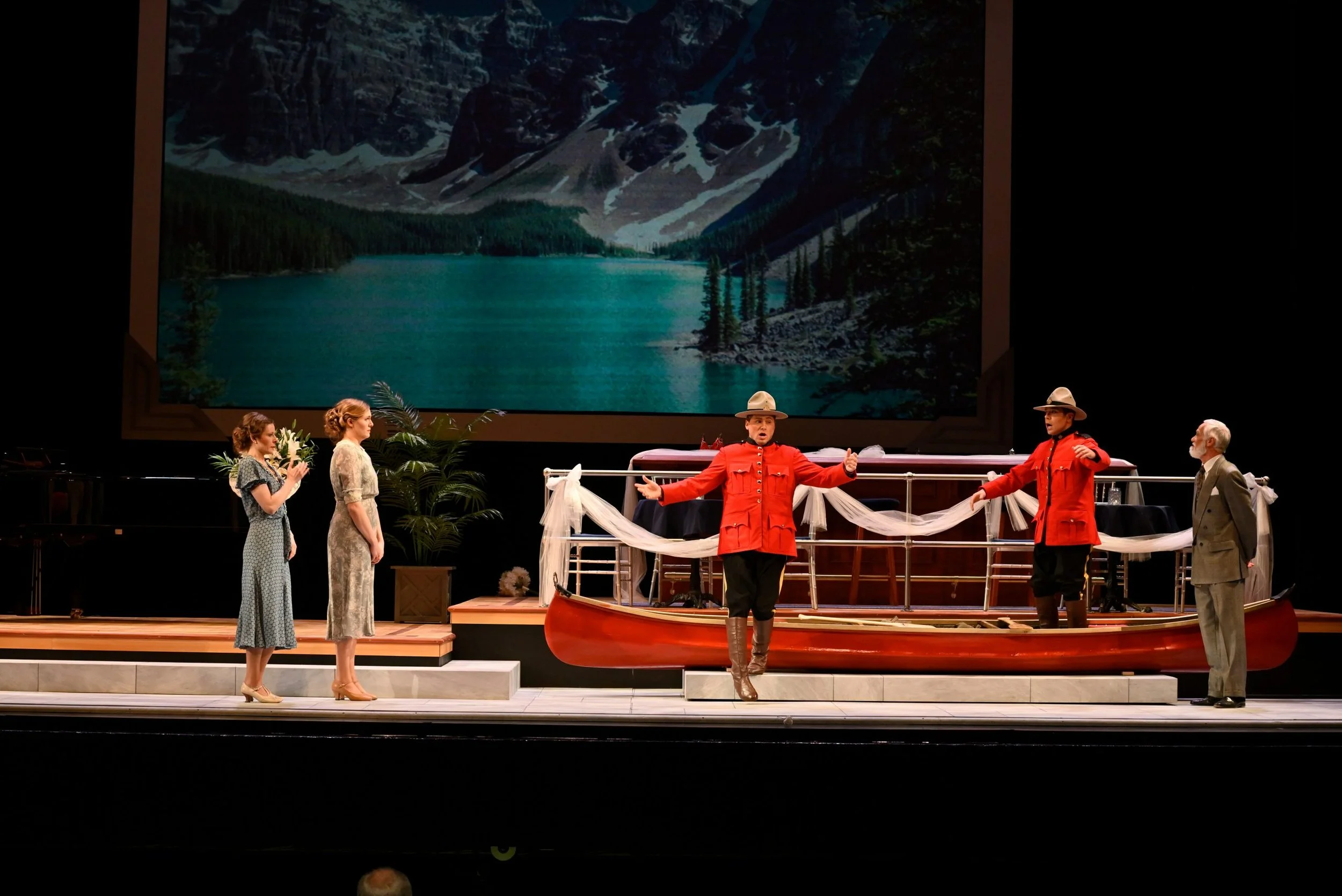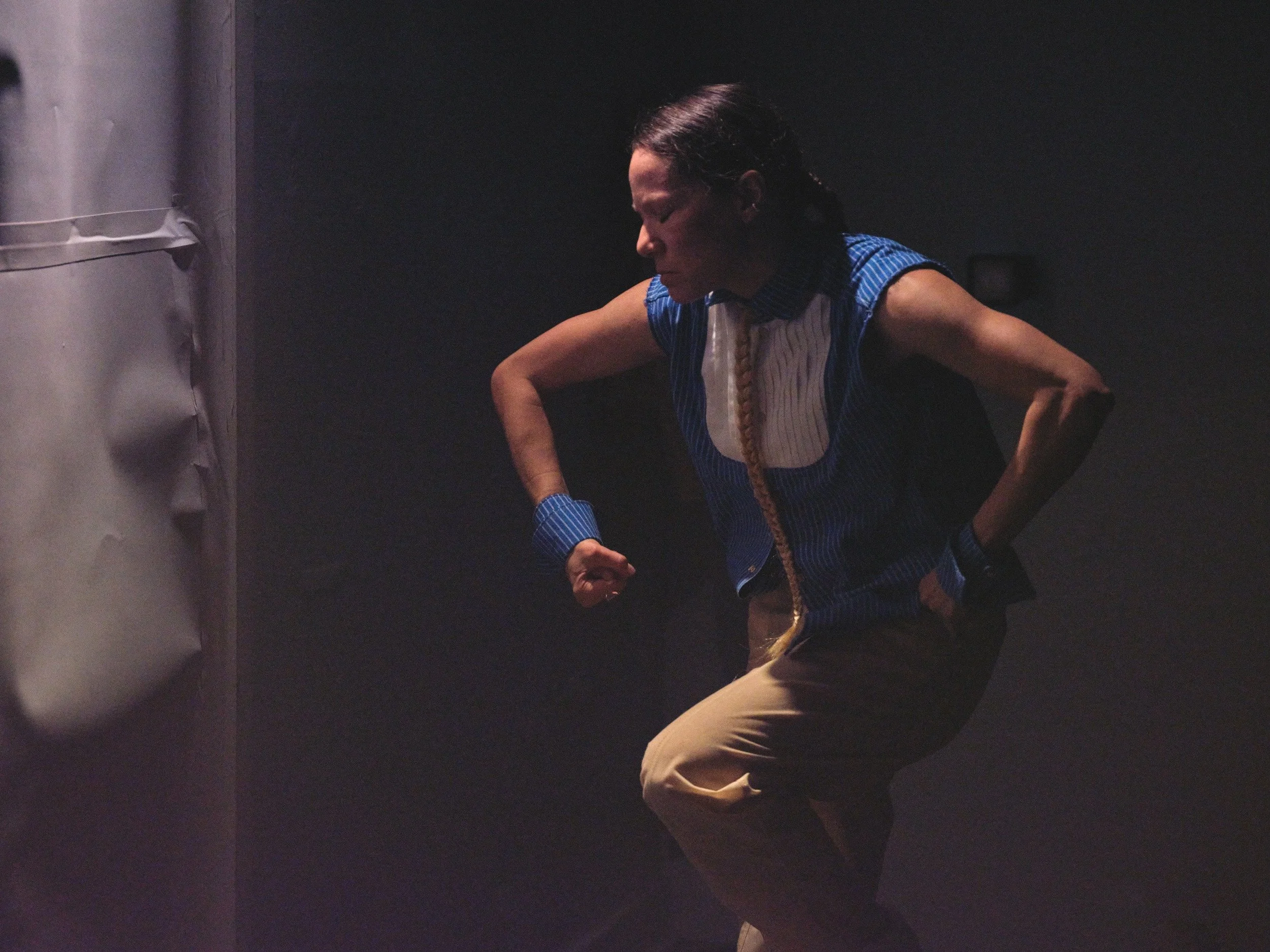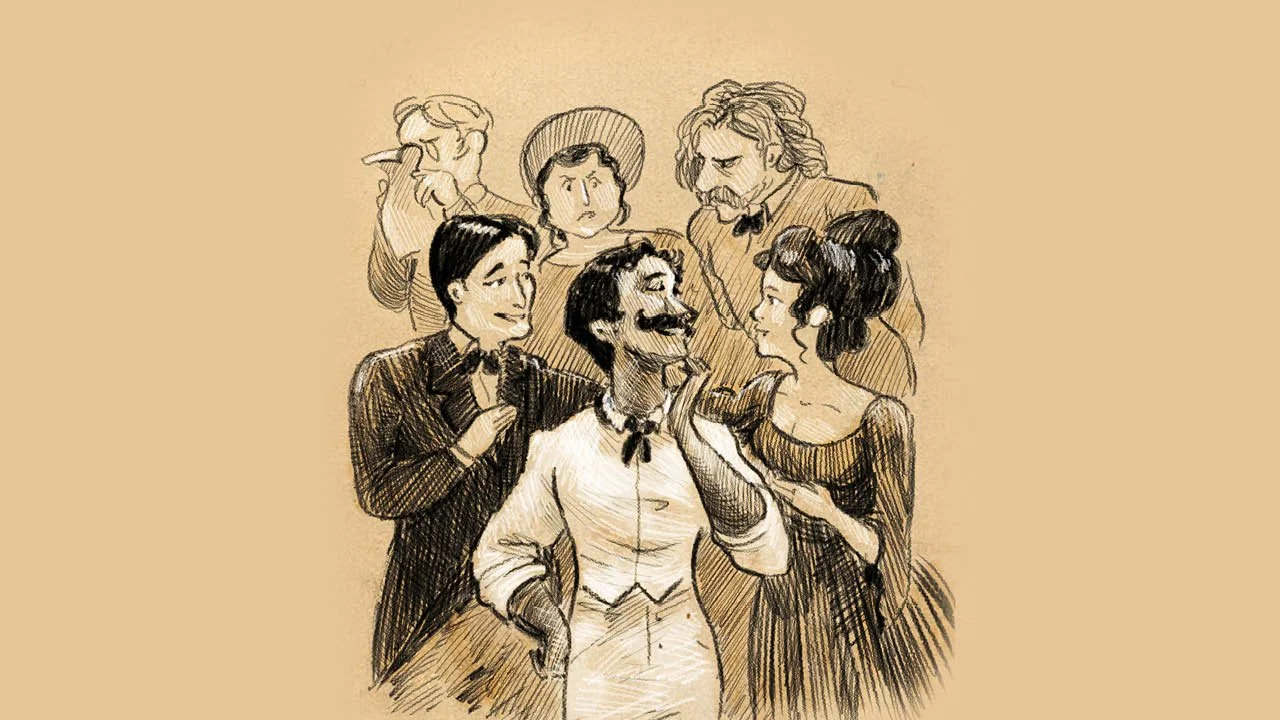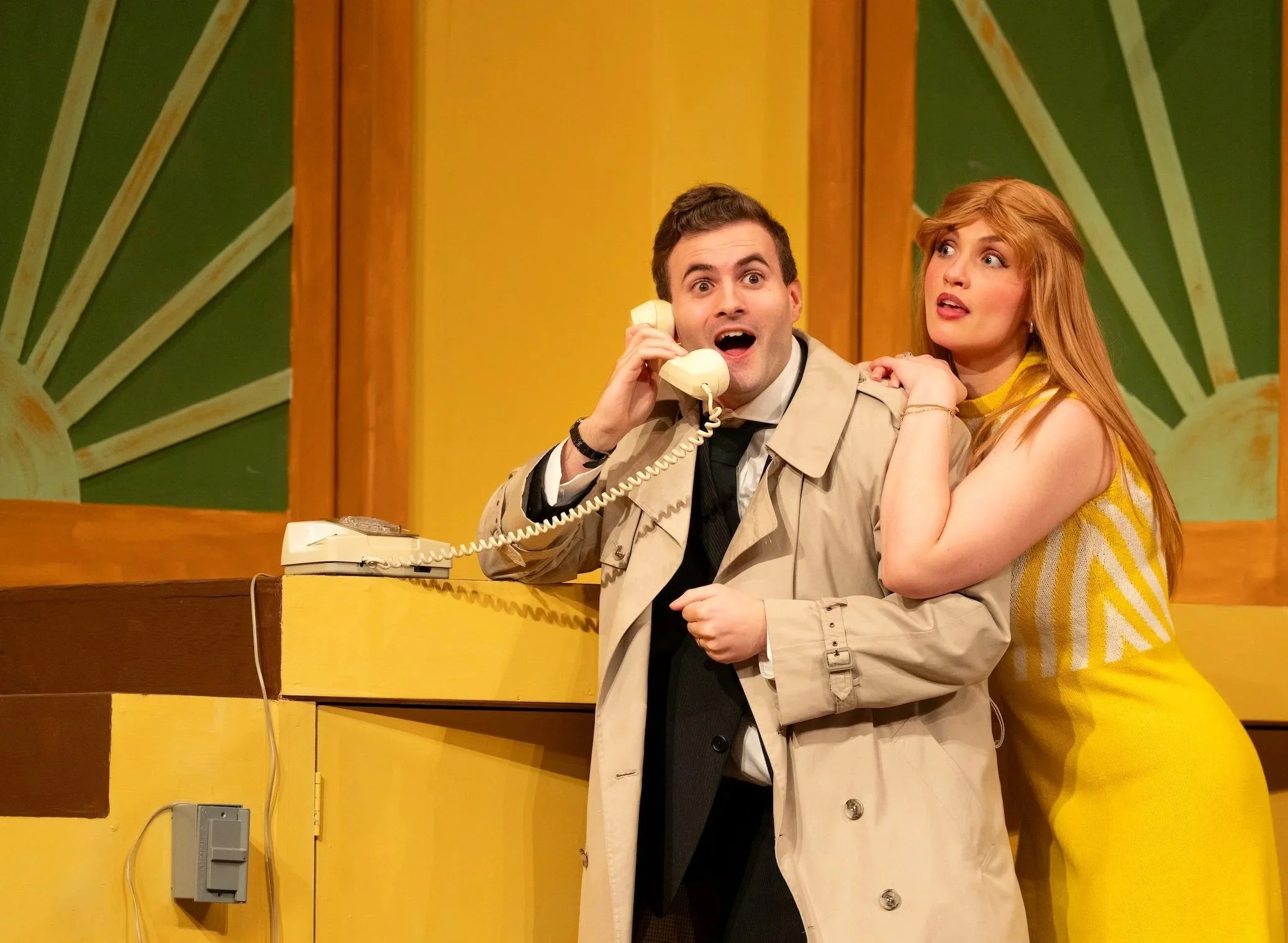Paddle Song brings Mohawk poet and provocateur Pauline Johnson's story to the stage
Cheri Maracle stars in the one-woman musical that she says instills hope
Cheri Maracle as Pauline Johnson in Paddle Song.
The Firehall Arts Centre presents Paddle Song November 10 to 21 at the Firehall Arts Centre. A preview takes place November 9; post-show talkbacks happen November 11 and 18.
MIXED-RACE POET, PERFORMER, and provocateur Pauline Johnson, who was of Mohawk and European descent, was 31 years old in 1892 when she had her first taste of success. Also known as Tekahionwake, she was invited by the Young Men’s Liberal Association to take part in a Canadian authors’ evening at the Toronto Art School Gallery alongside several older, respected, white male writers. She stunned the audience with her recitation of her 1885 poem “A Cry From an Indian Wife”. It includes these lines: “Go forth, nor bend to greed of white men’s hands/By right, by birth we Indians own these lands,/Though starved, crushed, plundered, lies our nation low…/Perhaps the white man’s God has willed it so.”
The crowd went wild.
From there, the gifted artist decided to add another element to her routine: a costume she cobbled together starting with a buckskin dress from the Hudson’s Bay Company, which she modified with items like rabbit pelts, silver trade brooches, wampum belts, her father’s hunting knife, and a necklace made of bear claws. She would wear the “exotic” outfit during the first half of her solo show then change into an evening gown, stockings, and heels for the latter half. Travelling all across North America and the UK, she celebrated her Indigenous heritage and pushed for Indigenous rights at every stop.
Cheri Maracle, a Gemini-nominated actor, singer, and songwriter from the Six Nations of the Grand River Territory, Ontario—the same place where Johnson was born—brings the trailblazing performer’s life to the stage in Paddle Song. Created by Dinah Christie and Tom Hill, the one-woman musical is a work Maracle has been performing on and off for the last decade. Even after all these years, Maracle (who is also mixed race, of Mohawk and European ancestry) is still discovering new things about the ground-breaking artist, ever wowed by her spirit and story.
“It’s a big show, it’s a big journey, but what I love about the show is it is so intimate about her life and the struggles she had, being a trailblazer, being a woman back then saying the things she said in England to a white audience and playing both parts of her heritage,” Maracle says in an interview with Stir. “She went to the Chautauqua circuit [travelling cultural and educational events in rural America] and performed in the mud and got stuff hucked at her. The tenacity… The endurance… The fire and the beauty…
“Her poetry is the thing that I am in awe of, the poetry she did for that time; even now ‘The Cattle Thief’ is still very political,” Maracle says of the 1895 poem that opens with the killing of a Cree chief by English settlers then shifts to the man’s daughter rebuking the murderers. “It’s something that some people are not ready to hear now, to hear these things from a Mohawk actress by a Mohawk poet from the1900s. With what’s happening in the climate now, with Trudeau having a holiday while had our first Truth and Reconciliation Day… We need hope. We need strength. We need optimism. We need something to be prideful about. We need healing.”
Even after decades in the performing arts, Cheri Maracle never thought she’d do a solo show.
The story resonates powerfully with Maracle for other reasons. She says Johnson’s life has many parallels with her own. Both mixed-race women had fathers who were proud Mohawks. Johnson’s father, George, a hereditary chief who also had European blood, worked at an Anglican mission and acted as an interpreter and cultural negotiator between the Mohawk, the British, and the federal government.
“My father was point blank be proud to be Mohawk, and that was it,” Maracle says.
Both women’s mothers had European roots; Johnson’s was an English immigrant while Maracle’s has a mix of Irish, Scottish, French, English, and Mohawk heritage.
Johnson, who was homeschooled—her parents didn’t want her to attend residential school or public school—moved in her 20s after her father’s death then began travelling widely; Maracle moved around frequently in her youth, owing to her mom’s job as a teacher and her father’s restless spirit.
“There are so many similarities between her life and mine,” Maracle says. “I was too white at the Native school and too Native at the white school, so I understand that struggle: Where do you fit in? Or do you? I don’t fit in,” she says. “I fit with other mixed bloods. It’s confusing in your own perception of self because there’s no one really to talk to growing up; there wasn’t for me at any rate.
“The duplicity of Pauline is shadowed in m own life,” she adds. “Being a light-skinned Native gal saying ‘I want to be an actor’ parallels Pauline’s life and what she went through as a dual identity. Her Native name literally means ‘double wampum’, which suggests two individual personalities, and I can speak to that. Way back when, I had casting directors say ‘She doesn’t look Native enough.’ That has changed over time, because we have these trailblazers before us like Pauline Johnson.”
Johnson died of cancer in 1913. On the day of her funeral in Vancouver, mourners lined the streets and flags flew at half-mast. Her ashes were buried in Stanley Park, where there is a memorial for her.
“She was an anomaly,” Maracle says. “She was a square peg in a hole. She was a very, very different person, a very different performer. There was no one like her at the time and I don’t know there’s been anyone like her since. That’s why she stood out.”
Paddle Song was nominated for Best Solo Performance at the High Performance Rodeo: Calgary’s International Festival of the Arts (2016), and Maracle has performed it in New Delhi and at Norway’s Riddu Riđđu Festival.
In performing the piece at the Firehall Arts Centre, Maracle is coming full circle. Having been on stages throughout Canada, the U.S., and Europe over the last two decades, she is passionate about jazz and has three albums to her name, along with numerous TV and film credits. Her career started at the East Vancouver venue, when at age 19 she appeared in the Firehall’s production of Marie Clement’s Age of Iron. Three days after Paddle Song closes, she’ll celebrate her 50th birthday. And after all these years, Maracle never thought she’d do a one-woman show.
“It thought it was the most terrifying thing,” she admits, describing rehearsals as intense but also “delicious”. “I’m exhilarated. I’m so happy to be back at the Firehall. To me it just feels magical. What a gift to start to come out of the pandemic with this show.
“You just have to embrace the fear and jump,” she adds. “You have to be friends with the fear and make it work for you. I mean, that’s life. That’s growth as a performer, to keep doing new things. Every time I come to the show it’s new again and that is rich. In this show you go on a rollercoaster ride, but in the end it’s hopeful and in the end it does instill pride. I am so proud to do this show.”
It’s also a necessary show, Maracle adds.
“It’s my pleasure to bring this show to people,” she says, “not for just Indigenous people, not just for indigenous people on the West Coast where the first babies were found, but for everyone. Everywhere, our people need it right now, more than ever.”
For more information, see Firehall Arts Centre.


